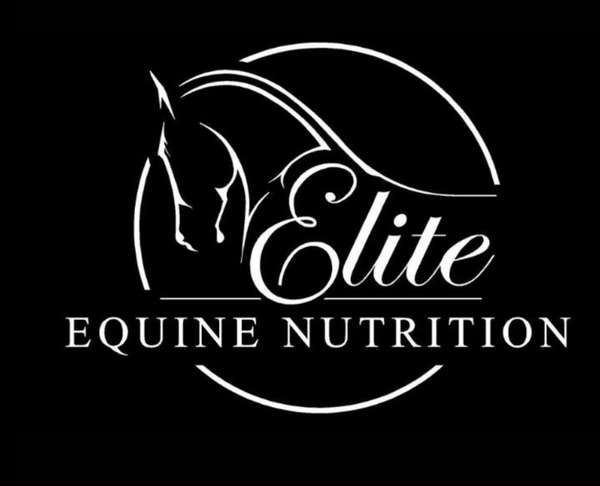Colic - what’s going on?

We’re seeing a spike in colic cases across the region — largely due to sudden changes in hay and reduced water intake during this tough drought season.
🌾 What’s going on?
With the hay shortage, many owners are sourcing hay from multiple suppliers — often different types, cuts, and quality.
We’ve had several clients feeding entire new bales at once without transition. This is dangerous.
Horses are also drinking less in the colder weather, increasing the risk of impaction colic.
⚠️ Important: You cannot feed a completely different bale of hay (especially from a new source) without introducing it slowly.
💡 Why mixing hay types (in small amounts) is actually good:
Feeding small amounts of different hay types at once helps keep the gut more adaptable and resilient to changes. It mimics a more natural, varied forage intake and reduces the shock to the system when one type runs out. But the key is to introduce each one gradually.
✅ Colic prevention tips:
• Mix new hay with existing hay over 7–14 days — especially if it’s from a new farm or region
• Feed multiple smaller meals instead of one or two large ones
• Encourage water intake — warm water, loose salt, soaked hay
• Add gut support supplements (e.g. buffers, pre/probiotics)
• Watch for changes in manure, appetite, or behaviour
🐴 If you’re feeding round bales, here’s what you can do:
1. Buy ahead where possible — keep at least one bale from your current supply so you can transition.
2. Peel flakes off your new round bale and mix with the old hay over several days (7–14 ideally).
3. If you can’t mix:
• Feed small meals of the new bale first (limit access using slow feed nets or limit turnout).
• Supplement with fibre-based feeds (e.g. beet pulp, hay pellets, chaff) to support the gut through the transition.
4. Avoid free-feeding an entirely new bale without a gradual introduction.
We understand it’s a tough season, but slow transitions and variety done right can protect your horse’s gut health.
Need help creating a forage plan for your horse? Reach out — we’re here to support you and your horse through this season.
